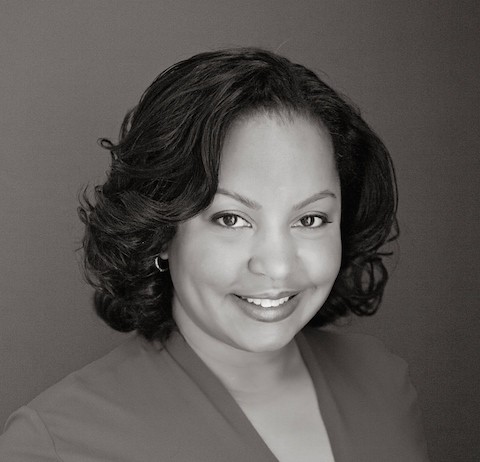
If Trayvon Martin were your son, would you want him presumed innocent and given the benefit of the doubt? If confronting your community’s prejudiced past boosted the odds of a more equitable future for black residents, wouldn’t you embrace the lesson? These questions and themes of empathy, honesty, and forgiveness form the foundation of playwright Evan Linder’s latest work, Byhalia, Mississippi, which has its world premiere at TheatreWorks in Memphis, and three other cities, January 8th.
Linder, co-artistic director of Chicago’s New Colony theater, always knew he’d write what he calls a “red-state show.” And what better place to locate such a show than the town down the road from his parents’ Collierville home, a place with a painful and mostly overlooked racial history?
When Linder wrote Byhalia, Mississippi in January 2014, he had 17-year-old Trayvon Martin and and the black boy’s killer, neighborhood watchman George Zimmerman, on his mind.
On a drive through the tiny Byhalia town square, Linder snapped a photo of a black teen outside a barbershop. The boy wore a hooded sweatshirt like the one Trayvon had on when Zimmerman fatally shot him. The photo, which is on the play’s website, frames a central question for the character Jim Parker, who is white.
Wrote Linder: “What would it take (and was it even possible) for Jim to see a boy in a hoodie walking across the street in Byhalia and immediately register that young man as someone else’s child before seeing a young black male? And could he ever see that child as his own?”
The play begins with Jim and his wife, Laurel, also white, expecting their first child. To Jim’s surprise, the baby is born with brown skin. The child is the product of Laurel’s brief affair with Paul Price, the married black principal of Byhalia High School.
As the Parkers’ marriage reels and Ayesha, Price’s wife, grapples with the proof of her husband’s infidelity, she confronts Laurel, who is naïve about what it means to raise a black boy in Byhalia.
Laurel knows about Byhalia’s best-known decedent, author William Faulkner, Ayesha snaps, but does she know about Butler Young Jr. or Alfred “Skip” Robinson?
Here Linder whets the audience’s appetite with a bit of history from the 1970s, when Byhalia was the scene of what Time magazine called “one of the longest civil rights boycotts in Mississippi history.”
The boycotts of white-owned businesses were sparked by the death of Young, a 21-year-old, unarmed black man shot and killed under questionable circumstances by Byhalia police in the summer of 1974. Robinson led the protests as president of the United League of Marshall County.
Then, like now, black residents demanded that the officers involved be charged with murder. Then, like now, black citizens used the only power they had — economic — to try to force the white power structure to give them a measure of justice.
Then, like #blacklivesmatter activists today have found, justice was elusive.
According to a 1974 Harvard Crimson article, “The population of the town is 750 persons, and although 70 per cent of them are black, the mayor, the town leader and all the merchants are white.”
And while Faulkner, who merely died in Byhalia, gets a shout-out on the town’s website, the boycotts, which could be a source of pride and a testament to black citizens’ resilience, are unmentioned.
“People have been fine with letting that history slip away,” Linder said.
The play is not meant to be an indictment of Byhalia specifically, Linder noted, but of our collective selective memory and how our failure to reckon with it honestly hamstrings our future.
As Faulkner famously wrote, “The past is never dead. It’s not even past.”
Linder, who is white, wants to do his part to deal honestly with race, and this play is a start. “The only way things change is if people are forced to look at it.”
Editor’s note: The world premiere of Byhalia, Mississippi is January 8th in Memphis, Chicago, Toronto, and Charleston, South Carolina. Readings will occur in Los Angeles, Boulder, Colorado, and Birmingham, Alabama, in mid-January. On January 18th, audiences from all seven cities can participate in an online conversation. Go to wpconvo.com/online-conversation to join. Byhalia, Mississippi runs January 8-31 at TheatreWorks in Memphis.